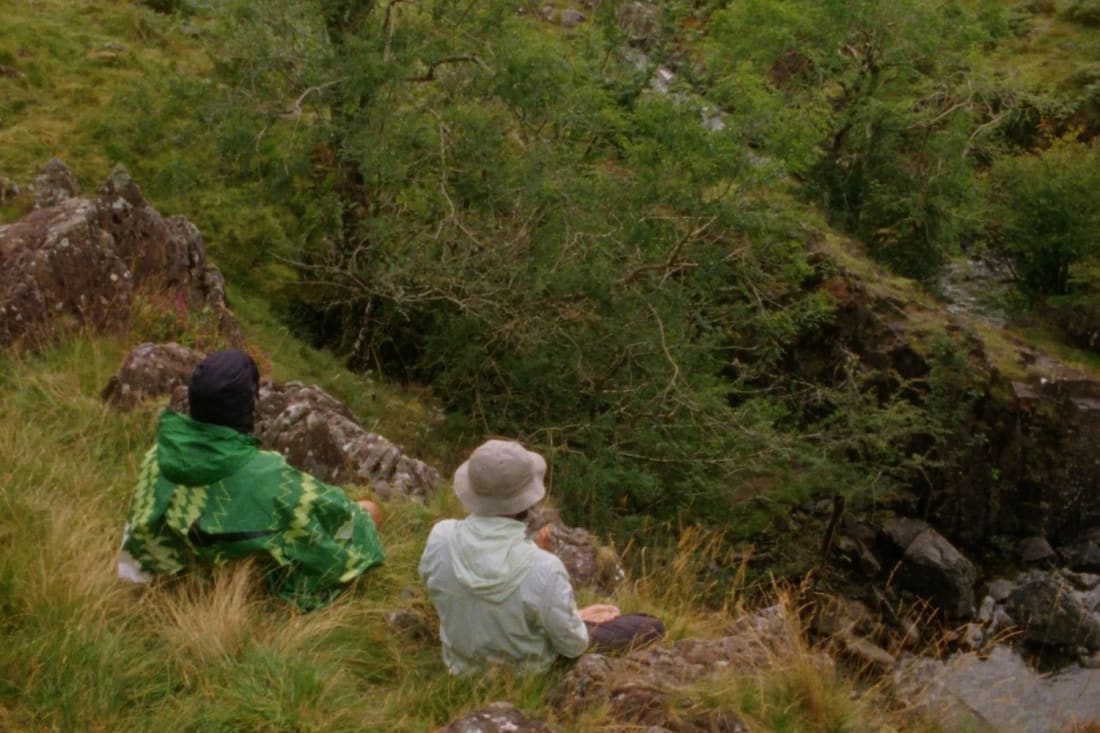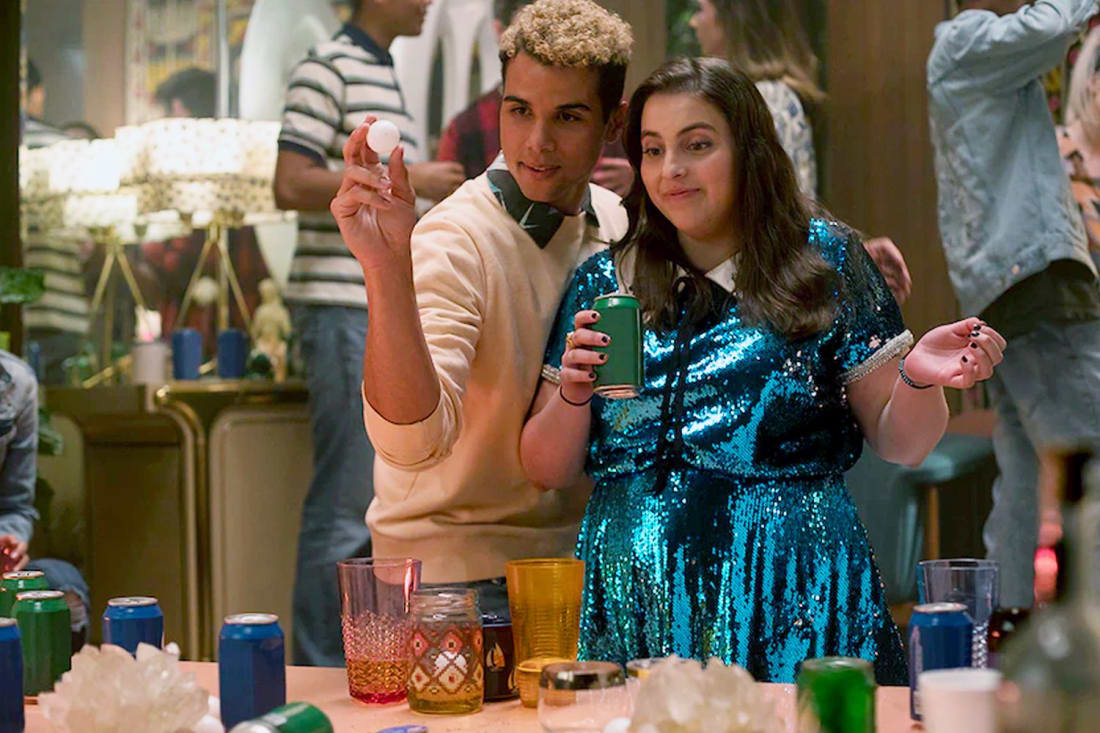How to know when you’re in a toxic friendship
Friends should enhance our lives and push us as people – are you experiencing the opposite?
Friends should enhance our lives and push us as people – are you experiencing the opposite?
People throw the word ‘toxic’ around a lot, but there’s a big difference between your friend being a bit of a dick on a night out and someone who falls into the ‘toxic’ category. Let’s say you’ve got a friend who always interrupts you – is it annoying? Absolutely. But is it ‘toxic’? Probably not. (You should definitely ask them to stop doing that, though). We speak to friendship experts about the most common signs of a toxic friendship and how to try and work through it.
What exactly is a toxic friendship?
According to friendship coach Danielle Bayard Jackson, a toxic friendship is one where “there is unhealthy conflict and where you feel you need to retreat into yourself.” Conflict doesn’t just mean blazing rows, though. Dr Marisa G. Franco, psychologist and friendship expert, says it’s often about having an uneven dynamic: “When one person is getting their needs met at the expense of the other person’s, or where one person is trying to bring the other person down.”

What are the signs that your friendship has become toxic?
Sometimes it can be pretty clear that your friendship is not in a great place. Jackson says it can be “explosive” – screaming, shouting and maybe even being physically intimidating. Franco adds that if a friend is “really malicious towards you, that's definitely a sign”. But it can be more subtle, too. “It could be that if you do something that a friend doesn't approve of, they totally withdraw or withhold affection to punish you,” says Jackson. It can also come down to what you’re not getting from the relationship. “If a friend is trying to fulfil their needs, but not considering yours, that’s a really toxic dynamic,” Franco explains.
What’s the impact of this kind of friendship?
It can mean you also end up behaving in a toxic way. “Toxicity tends to beget toxicity,” says Franco, “If someone's attacking you, you tend to attack back.” Or, if you feel the dynamic in your friendship is off, it can impact your self-esteem. “People can lose their sense of self in a relationship where one person is getting their needs met at the expense of the other person,” Franco says. There’s a term called “friendship contingent self esteem”, which means that your self esteem depends on how the friendship is going. “When it's not going well, you feel unsettled, and it's hard to function,” she explains.
Why do friendships become toxic?
It’s complicated. It’s not always down to the ‘toxic’ friend as an individual. It could be that the dynamic of your friendship has changed. Franco says it also often happens in new friendships that have moved fast, which creates a sense of ‘intimacy and obligation before we know what we're getting into.’ No matter how much you feel you connect with a new friend, it’s better to move slowly, and avoid feeling trapped. ‘People that are insecure fear abandonment, so they try to make relationships move really fast as proof that they won’t be abandoned,’ explains Franco. ‘But then the relationship has fragile foundations.’
How do you talk to a friend about their behaviour?
Focus on yourself and what it is that you need rather than laying into your friend. ‘Instead of saying: “You're just too [insert behaviour here],” focus on: “I really need X,Y, Z, and I don't feel like I'm getting that”,’ says Jackson. “That way, the person will be less inclined to be defensive.” Ultimately, Franco says the best way to ‘heal the friendship’ is to bring up the dynamic and see if they’re open to changing things. “You could say: ‘I feel really bad when you say this about me, could you please stop?’, or ‘You want me to do things for you, but I would love for you to consider what that means for me,’’ she says. “If they're not totally toxic, they should be open to it.”



















